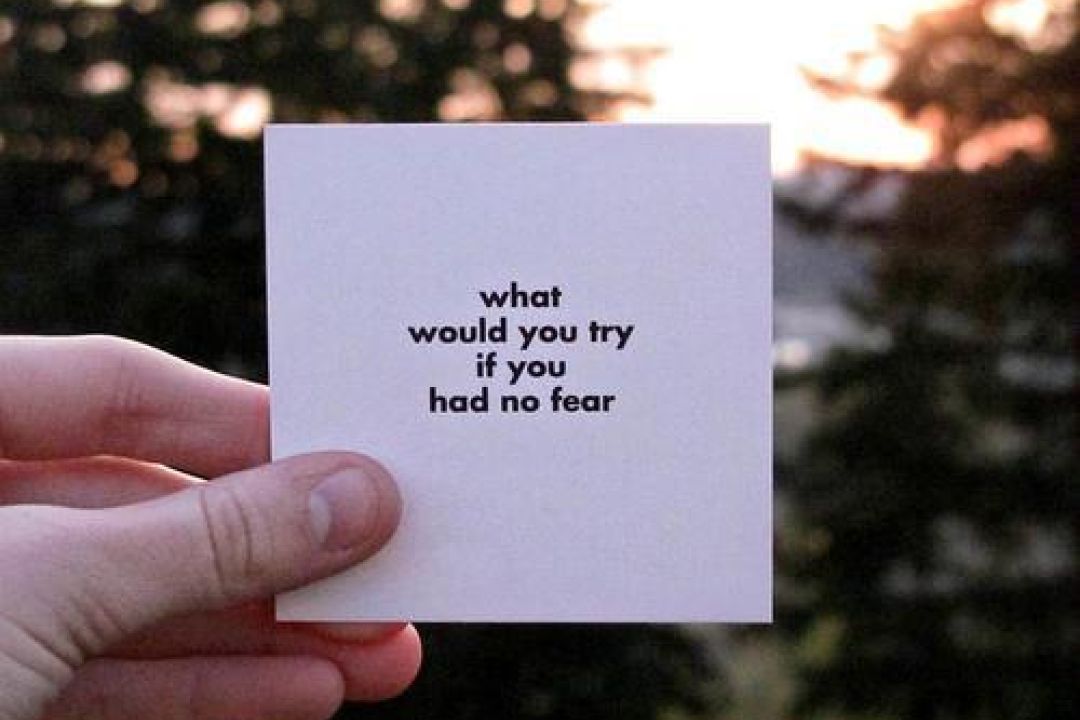Fear. It’s a funny thing.
We tell ourselves it’s stupid. That we’re not being reasonable. That we know it will be fine. Yet it’s always there, quietly sitting on our shoulder. Asking “but what if…?”.
It will play with our mind and paralyse us slowly, from the inside out. It will monkey around with our heartstrings, pinging them until the brain can’t see black from white, good from bad, sensible from ridiculous.
Logical thoughts from well-educated people are cast aside.
Sane people will make insane decisions.
All because of fear.
Yet fear is largely an illusion of our mind. Actual risk and perceived risk are, very often, poles apart. Yet fear moulds them into an indistinguishable mass of death and destruction.
Like yesterday.
A friend of a friend mentioned in passing that their school had cancelled a school trip. “To where?” I asked, thinking maybe that this was a trip to some far flung corner of the world.
“To the Ardèche,” came the reply. “Canoeing in southern France. Because of the threat of terrorism.”
Come again? Maybe I missed something?
Does that mean those ski fields in the Alps, those lovely glens in Scotland and those beautiful footpaths of the Lake District are also havens for terrorism? Why did no one tell me? Maybe nowhere is safe? Is everywhere filled with hatred for western children stepping off a school bus? Can we not trust anyone in a Jalabah or a Turban?
Of course not.
Yet with the direction we’re heading, that may as well be true, because either way, we’ve lost and they’ve won. Irrational fear has sent our world into the spiral of confusing fear with actual risk.
I’m no statistician, but I bet more young people die on our roads every year in terrible car accidents or on their bikes, than get caught up in terrorist incidents abroad – or indeed any incident abroad.
Do we stop them from getting in cars?
Do we stop them from riding bikes?
School trips are there to educate our children. What are we teaching them if we tell them they can’t go? That the quiet French countryside is full of terrorists? That Morocco is full of vicious Muslims? That Nepal is a country going to plummet into the centre of the earth as the ground rips open and swallows every bus on the highway? That nowhere but the motherland is ‘safe’. Society is currently giving our young people the worst possible lesson.
Would I send my own children on a school trip abroad? Absolutely. To France? Yes. To Israel? Yes. Thailand? Yes. Turkey? Yes. Morocco? Yes. Nepal? Yes. Kenya? Yes.
Would I send my children out on their bikes on a winter’s night? Yes, but I’d make damn sure they were well lit up and I’d be an awful lot more worried about them than if they went on a well organised school expedition to some far flung corner of our diverse and incredible world.
I’d send them on that expedition because it would take them way out of their comfort zone. They would see that the world is full of people who are kind, generous, knowledgeable, and culturally, very different from us – and that is something that we should celebrate and embrace. Something we can learn from.
Yet headlines sell newspapers. It’s ironic, but the fact that tragic events abroad are so uncommon is exactly what makes them newsworthy, bringing them right onto our breakfast tables and into our living rooms.
Why is it that inherently risky activities, such as rugby, cycling in cities or road travel are deemed ‘acceptable’ and associated deaths or injuries, when they do occur, are perceived as ‘something that happens in life’? In contrast, an injury or death abroad whilst on an adventure – god forbid on a school trip - is shocking and unacceptable and a reason for society to turn inward and become internationally isolating.
As tragic as any deaths are, society, and particularly those in charge of our education system, need to remain objective when deciding how to react to the threat of terrorism. What we need is logical thought from well-educated people.
Why? Because if we don’t, they will win.
They may already have.
Adrian Ferraro
